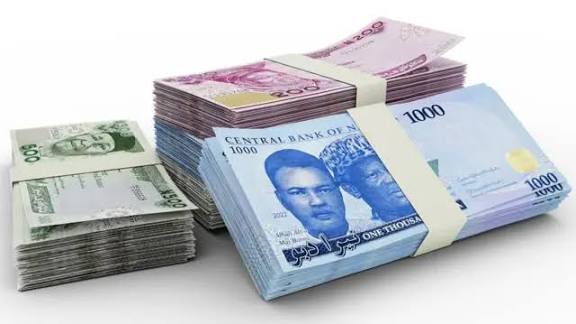
By Paul Ebi
A new economic review by Quartus Economics has called on the Central Bank of Nigeria (CBN) to introduce higher-value currency denominations — specifically ₦10,000 and ₦20,000 notes — to help restore the naira’s portability and ease the increasing cost of cash transactions across the country.
According to the report, the persistent depreciation of the naira and rising inflation have significantly eroded the currency’s purchasing power, making existing denominations less efficient for large-value transactions. Quartus Economics noted that the absence of higher-value notes has led to logistical challenges in cash handling, especially for businesses and individuals who rely heavily on cash for daily operations.
> “Introducing ₦10,000 and ₦20,000 bills would align with current economic realities, enhance transaction efficiency, and reduce the physical cost and risk associated with cash movements,” the review stated.
The firm argued that while Nigeria continues to push for a cashless economy, cash remains a dominant medium of exchange, particularly in rural and informal sectors. Therefore, policy adjustments that make cash transactions more practical are necessary to support both economic inclusivity and convenience.
Economists have, however, expressed mixed reactions to the recommendation. Some warn that higher-value notes could accelerate inflation if not properly managed, while others agree that such a move could help ease the transactional burden in a high-inflation environment.
As of press time, the CBN has not issued an official response to the suggestion.





